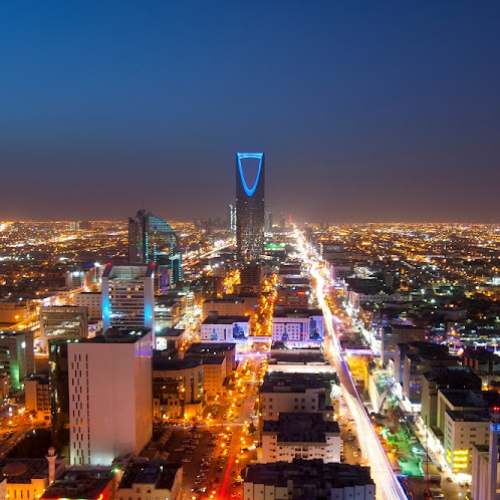A 73-Year Ban Comes to an End
Saudi Arabia is making a big change that many never thought possible. After 73 years, the country will begin allowing alcohol to be sold and consumed—but only in very specific places. This new decision will take effect in 2026.
Since 1952, alcohol has been completely banned in the kingdom. That means no beer, wine, or any kind of alcohol has been allowed for anyone—locals or foreigners. But now, as Saudi Arabia prepares to host major global events like Expo 2030 and the FIFA World Cup in 2034, it’s changing its rules.
Saudi officials have said that this shift is part of the country’s bigger plan called Vision 2030. This plan aims to grow new parts of the economy, especially tourism, events, and entertainment. Leaders believe that offering limited access to alcohol will help attract more tourists and international visitors.
But even though the ban is being lifted, the new rules will be very strict. Alcohol won’t be available just anywhere or to anyone. It will only be served in about 600 special locations across the country. These include high-end places like five-star hotels, luxury resorts, and certain tourist zones.
U.S. Visa Ban Targets Travel Agents Facilitating Illegal Migration
Limited Access and Strict Controls
Under the new law, only certain types of alcohol will be allowed. Beer, wine, and cider will be available in licensed places. Strong drinks, like vodka or whiskey—anything with more than 20% alcohol—will still be banned.
Only trained and licensed staff will be allowed to serve alcohol. These people will follow special rules and guidelines. The aim is to make sure alcohol is handled safely and responsibly.
The government has clearly said that alcohol will not be allowed in homes, public areas, shops, or for personal use. This means you won’t find alcohol in regular stores or in people’s houses. It will only be available in controlled settings that mainly serve foreign visitors or people working in diplomatic areas.
Some of the approved areas where alcohol can be served include tourist spots like Neom, Sindalah Island, and the Red Sea Project. These places are being developed to attract visitors from all over the world.
Officials want to be very careful. They say that this move is not meant to change the culture or beliefs of the country. Instead, it’s about making Saudi Arabia more welcoming to international guests, especially during big events like the World Cup.
World Bank Greenlights Syria Comeback as Saudi-Qatar Duo Wipe Clean $15.5M Debt Tab
Rules, Penalties, and Economic Growth
While alcohol will be allowed in specific places, the government will be keeping a close watch. Any misuse of the new policy will be taken seriously. There will be penalties for breaking the rules, and those in charge say they want to make sure everything is done properly.
This step is expected to help boost the economy by creating jobs, especially in the tourism and hospitality industries. Major hotel brands around the world are already preparing to adjust their services to fit the new regulations.
Officials say that this is not a free-for-all. It is a tightly controlled system designed to protect public order and respect local customs. Every location that serves alcohol will need a special license, and the rules for getting and keeping that license will be strict.
This decision marks one of the most surprising cultural changes in Saudi Arabia’s recent history. But it’s also being handled with a lot of care. Leaders are working to make sure the policy change fits within the values of the country while helping it grow in new directions.


